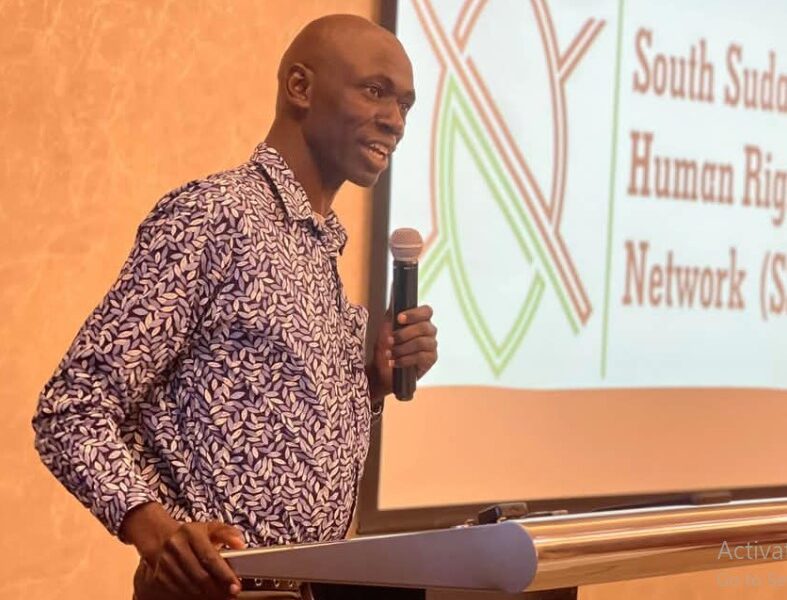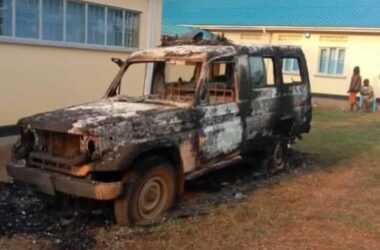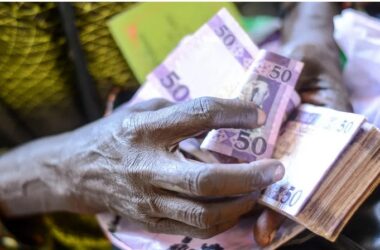By Kei Emmanuel Duku
Community Empowerment for Progress Organization (CEPO), has expressed disappointment with army field commanders, accusing them of causing persistent clashes in some parts of the country.
In a statement, CEPO’s Executive Director, Edmond Yakani argued that the current confrontation between armed militants and government soldiers has prevented many civilians from accessing their farmlands, thus causing food insecurity in conflict-hit areas.
He mentioned commanders from both the South Sudan People’s Liberation Army-In Opposition (SPLM-IO), said to be loyal to First Vice President Dr. Riek Machar, and the South Sudan People’s Defence Forces (SSPDF), loyal to President Salva Kiir.
The CEPO Director painted a grim picture: fields lay barren not from drought, but from fear. The civilian population, he stressed, felt neither secure nor protected enough to cultivate their land.
Yakani highlighted the cruel irony: those who claimed to protect the people were now weaponizing hunger.
“Your military confrontation,” he stated with grim certainty, “may make access to food or agriculture a weapon of war, forcing the civilian population to face food insecurity.”
The very act of protecting civilians from bullets had been replaced by the need to protect them from starvation, a hunger born not of nature, but of human conflict.
Yakani pointed to the volatile hotspots, the simmering tensions in Unity State, Morobo County in Central Equatoria State, and parts of Upper Nile.
In these areas, fresh violence, which erupted early this year, could escalate at any moment, threatening the peace and stability of local communities.
“Enough is enough,” he declared, his voice rising in frustration. “For how long do you want to remain in uniform as a curse to the civil population?”
He added that locals in conflict-affected areas experienced forced displacement, sought refuge in foreign lands, and were denied the right to farm their own lands, as if they were strangers in their homeland.
He acknowledged the SSPDF’s efforts to punish looting soldiers; however, he urged the SPLA-IO leadership to adopt similar accountability measures.
“We are tired of your culture of military confrontation,” Yakani pleaded, his voice tinged with the weariness of a nation. He implored the warring parties to “give peace a chance” and pave the way for elections in December 2026, describing it as a “viable, nonviolent, and peaceful way of transfer of power.”
The activist further highlighted the suffering of children who are dying of hunger because of the daily military confrontations between the warring factions.
He added that the army field commanders of the warring parties should be held accountable for the tears and pain of women who are delivering without any medical assistance in the bush.
He called upon military officers in the battlefields to make their decisions a blessing, not a curse, emphasizing that they wore army uniforms to protect civilians, not to displace, starve, or inflict suffering on the local population.
“We are watching at you,” he reiterated, urging both the SSPDF and SPLA-IO leadership to “embrace dialogue for mitigating the differences and give the country peace.”



